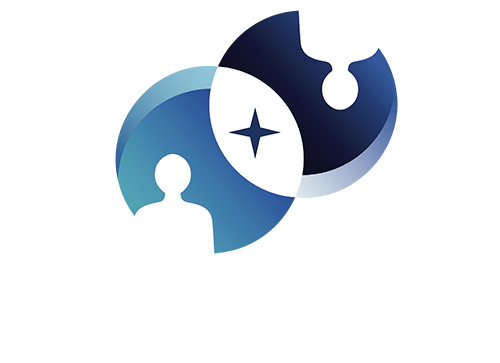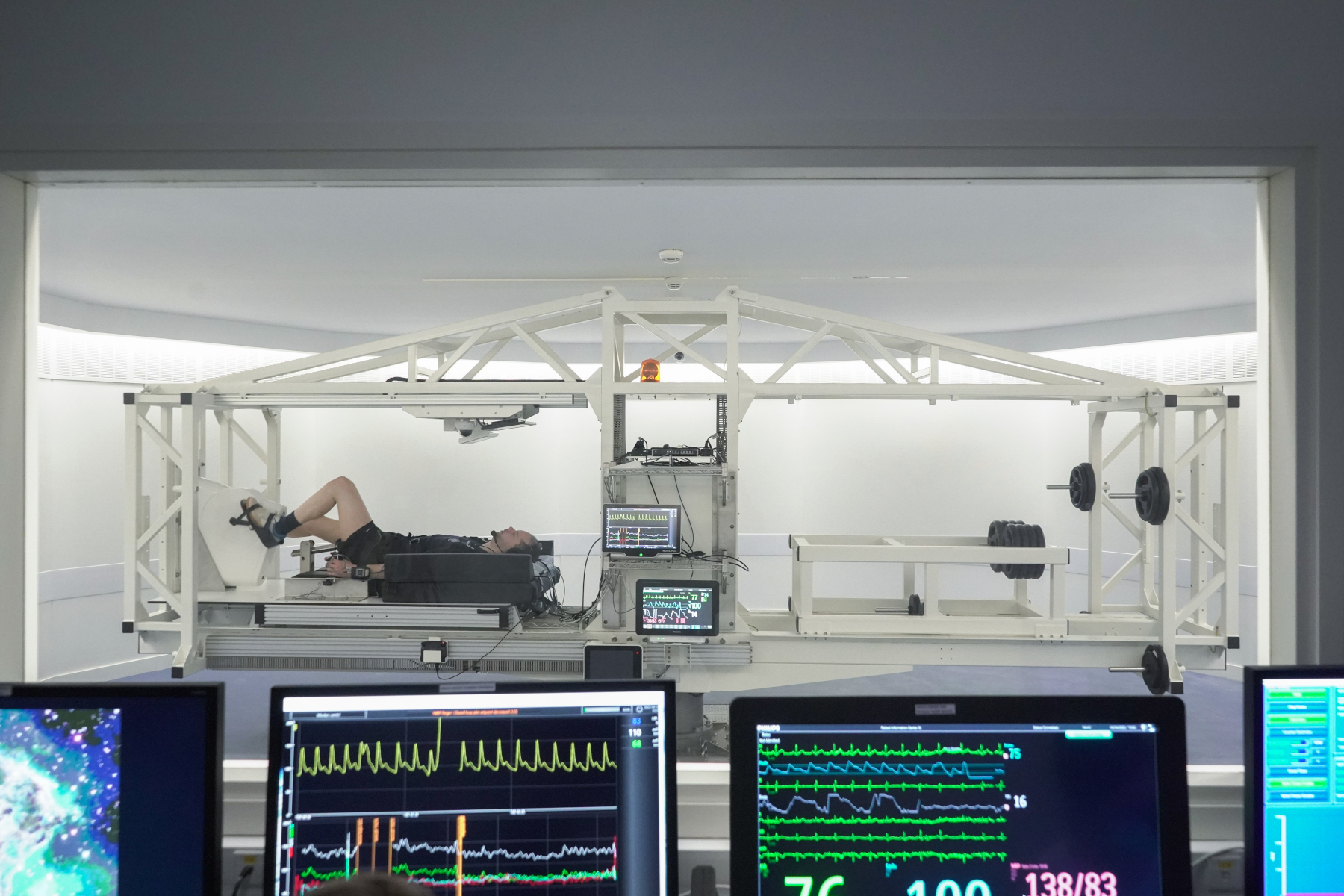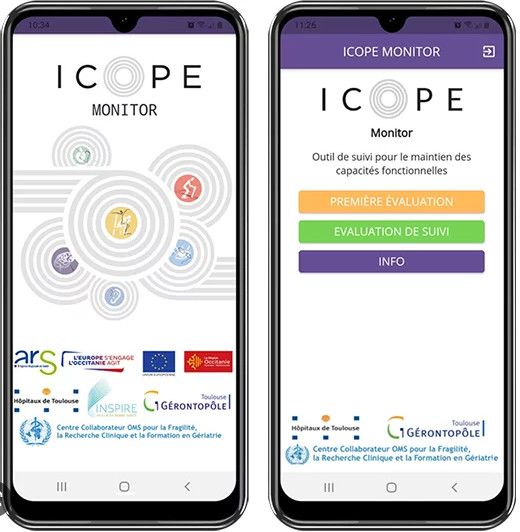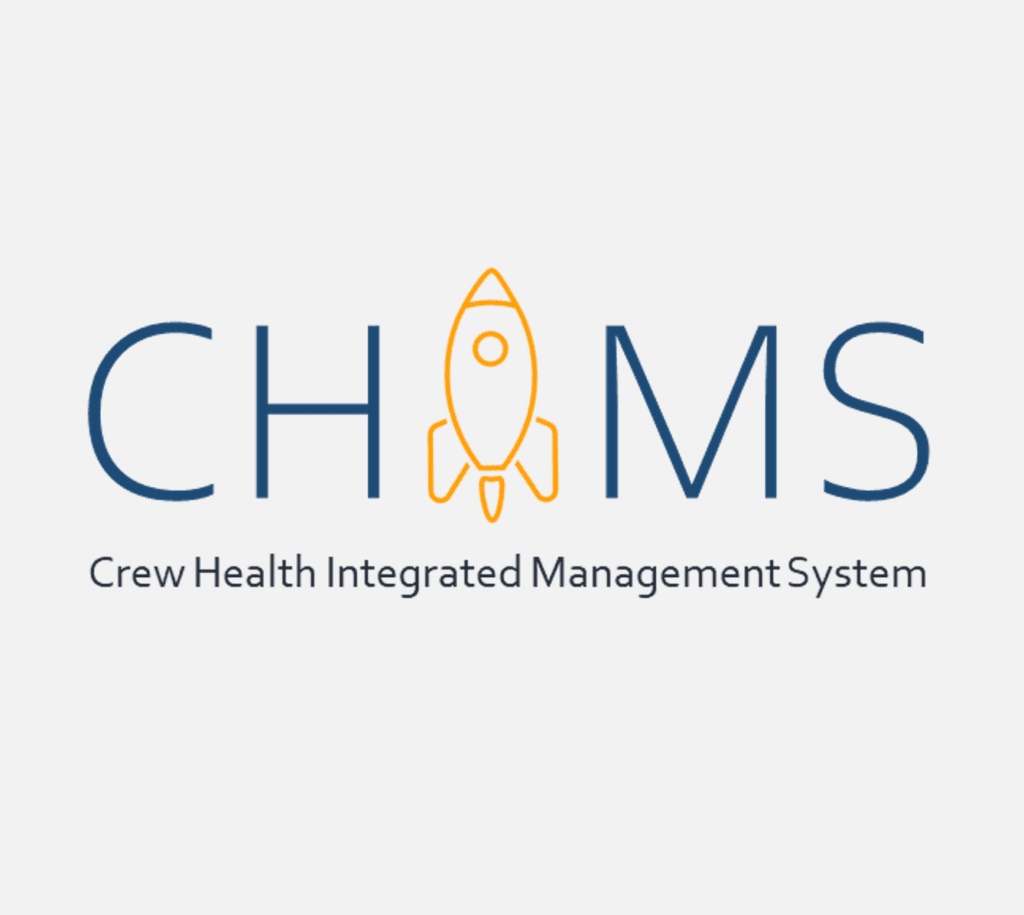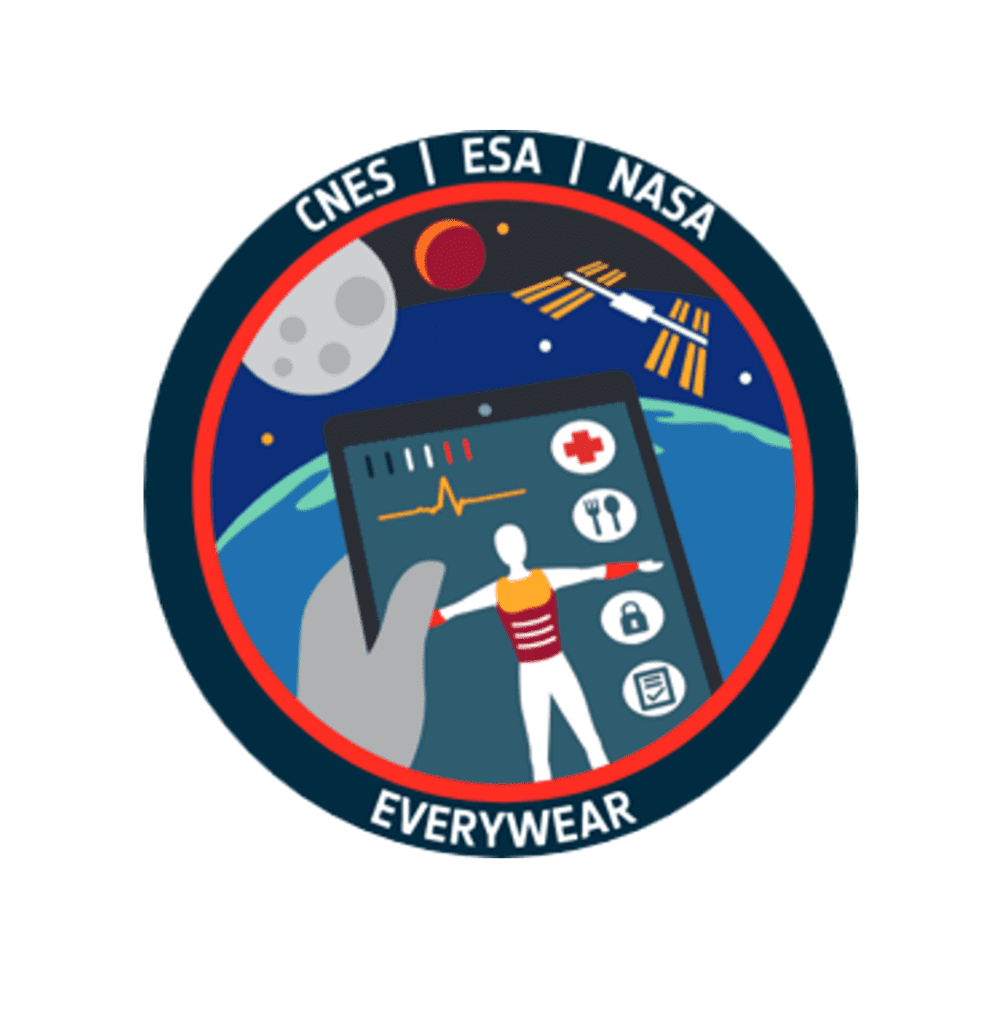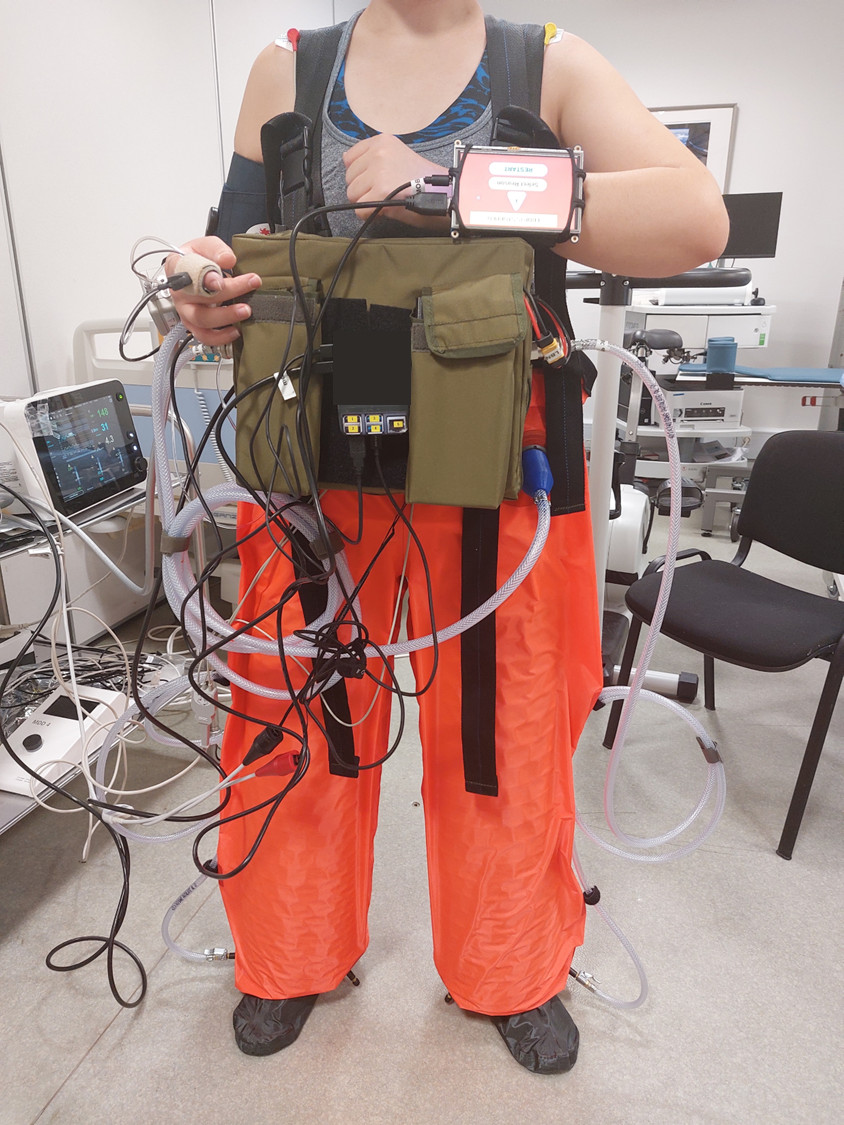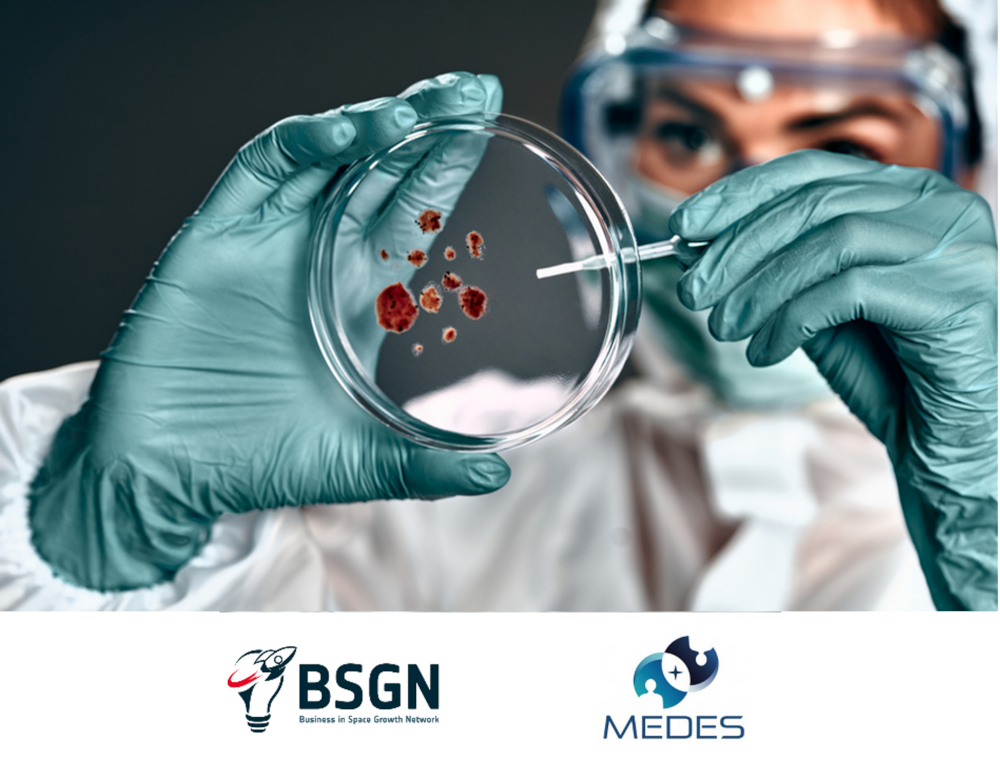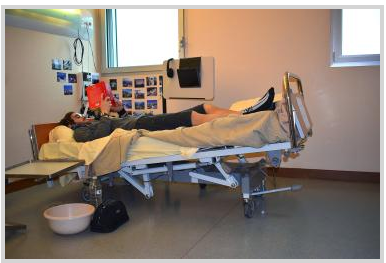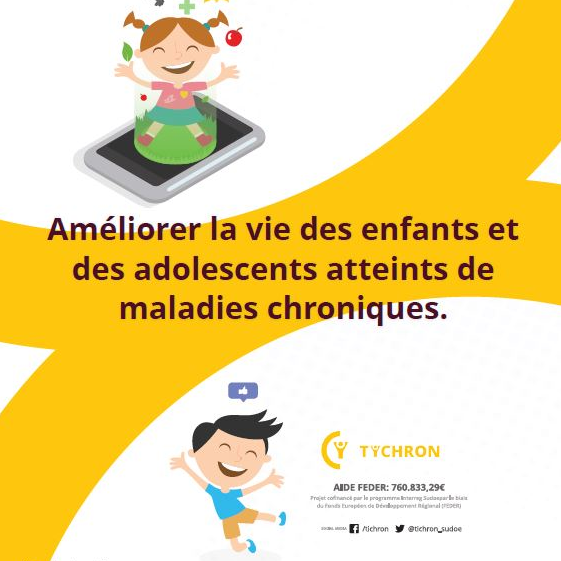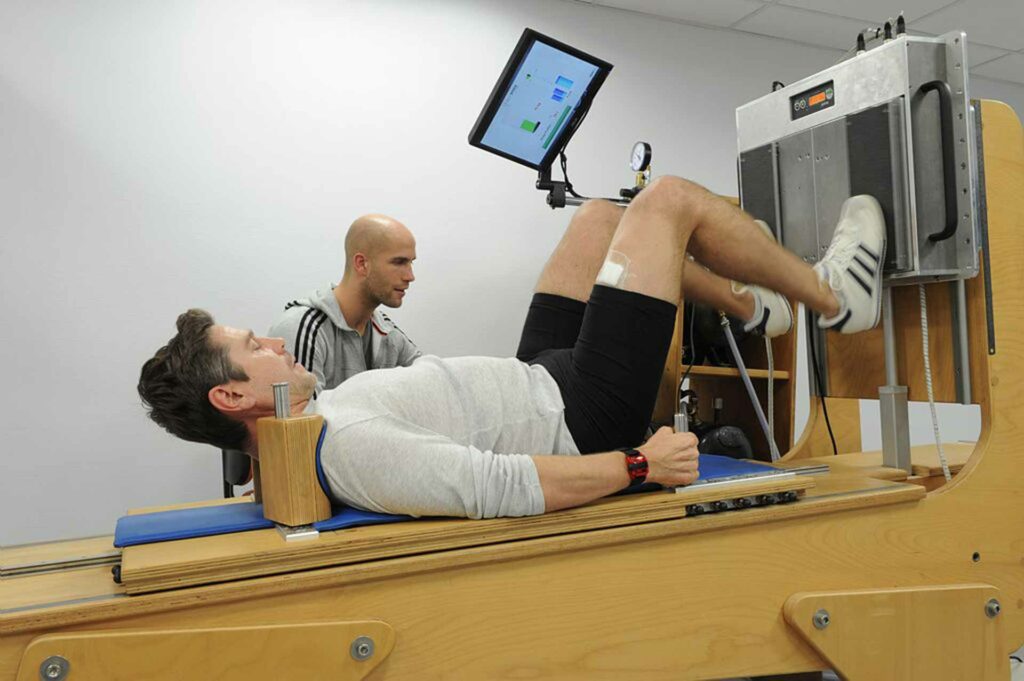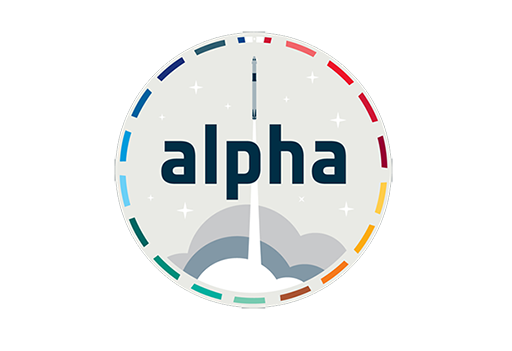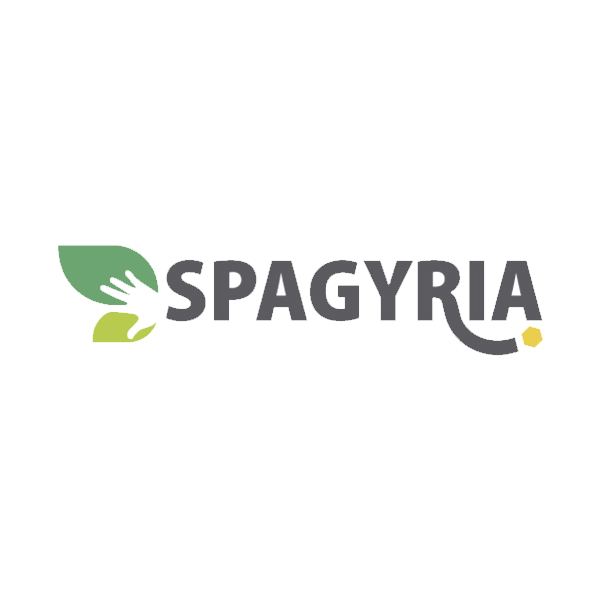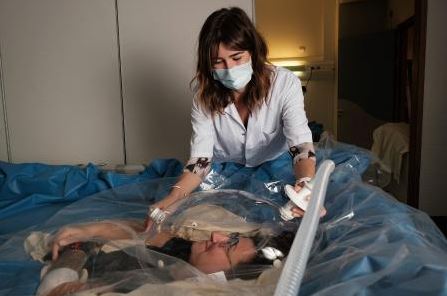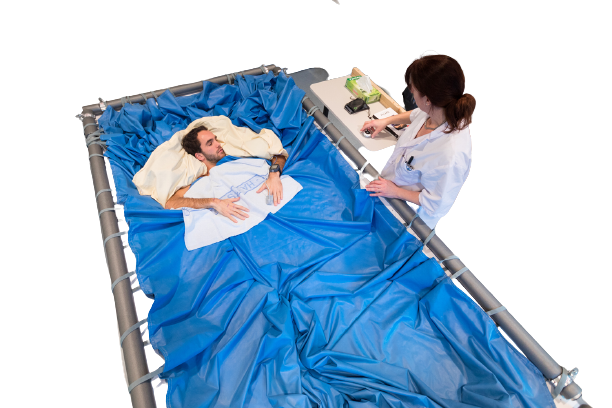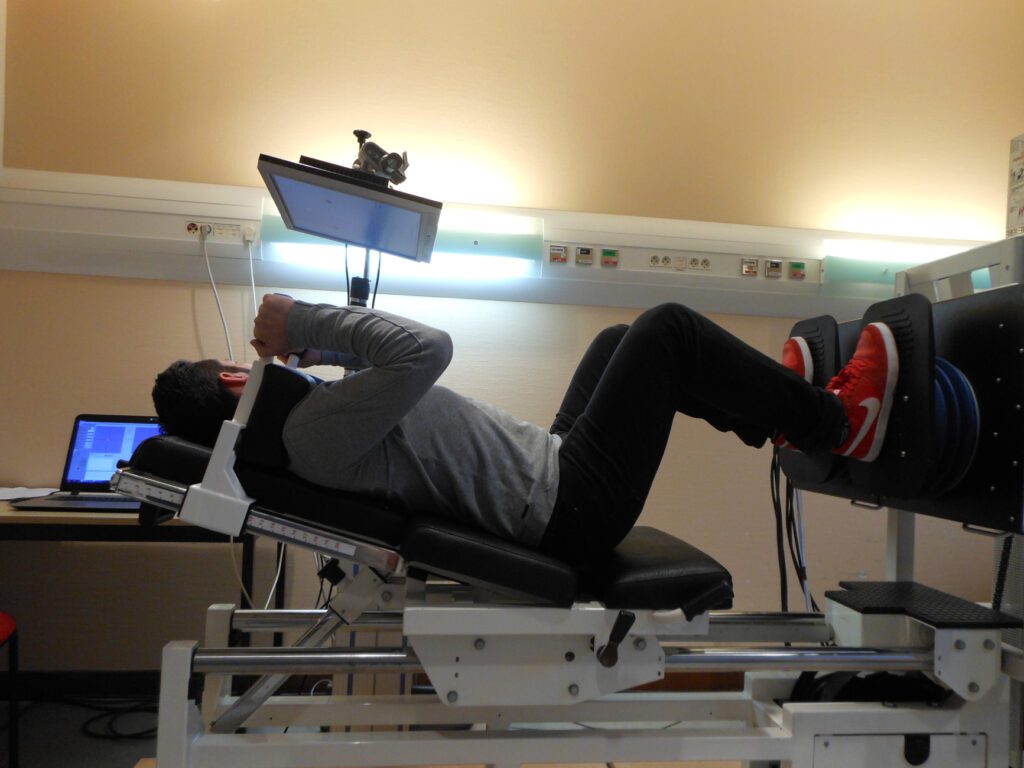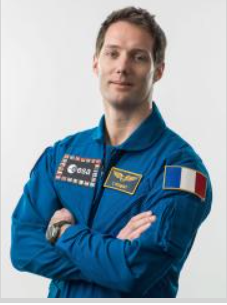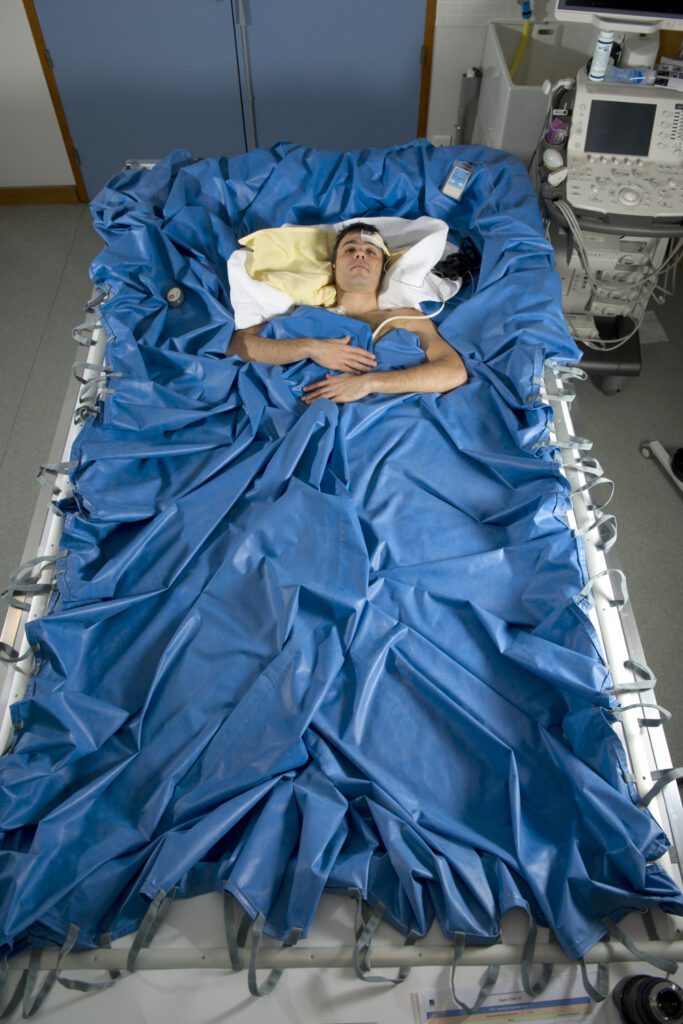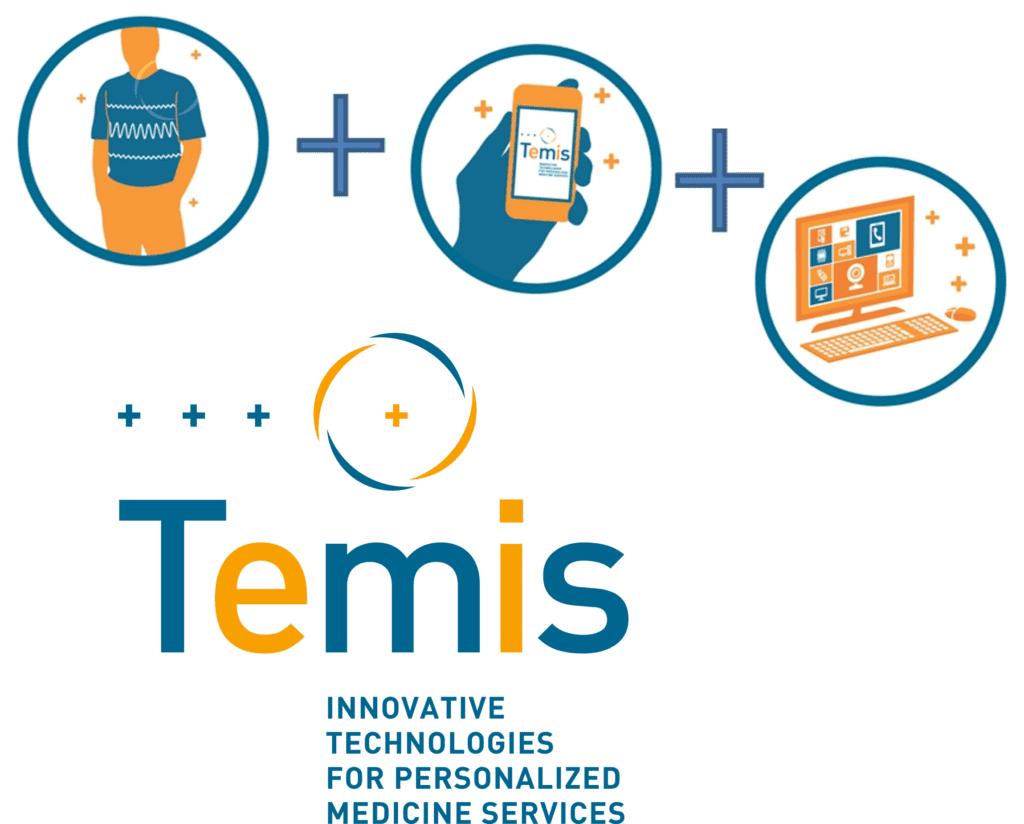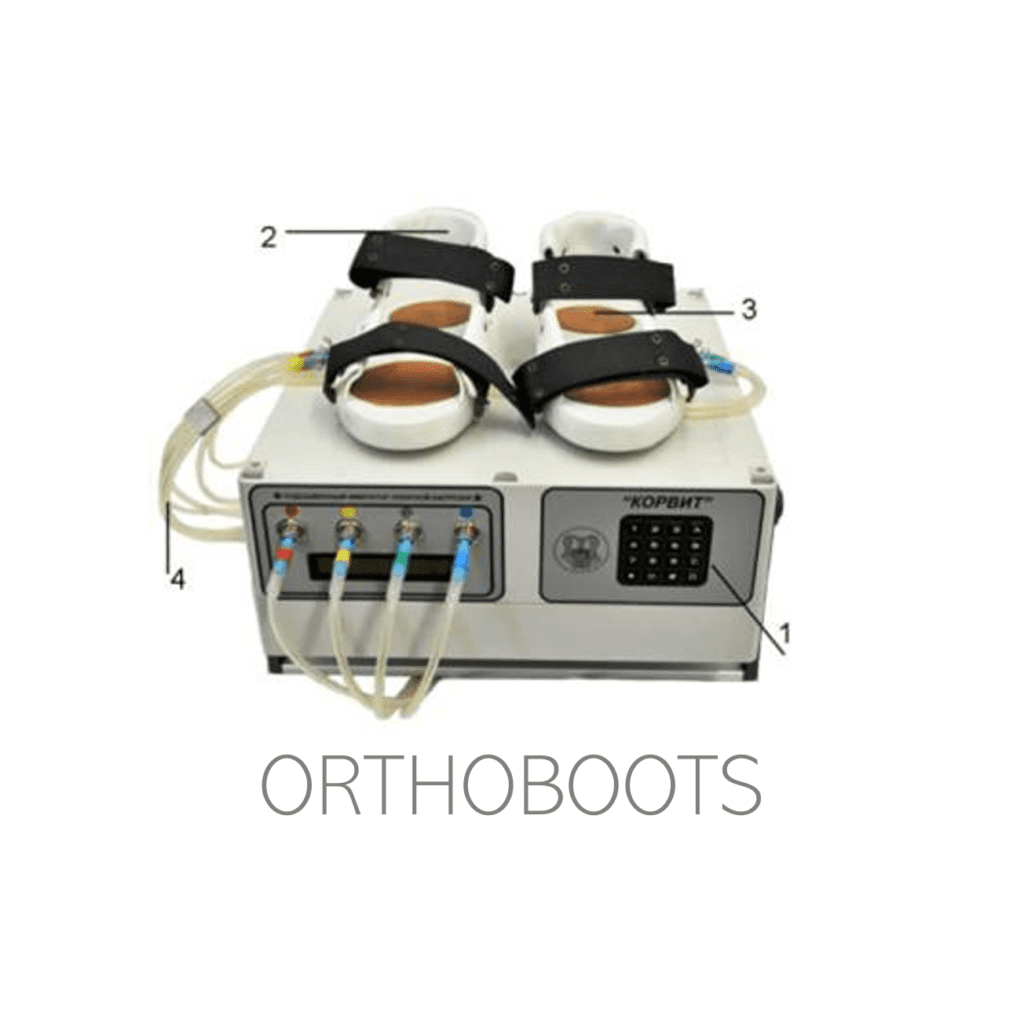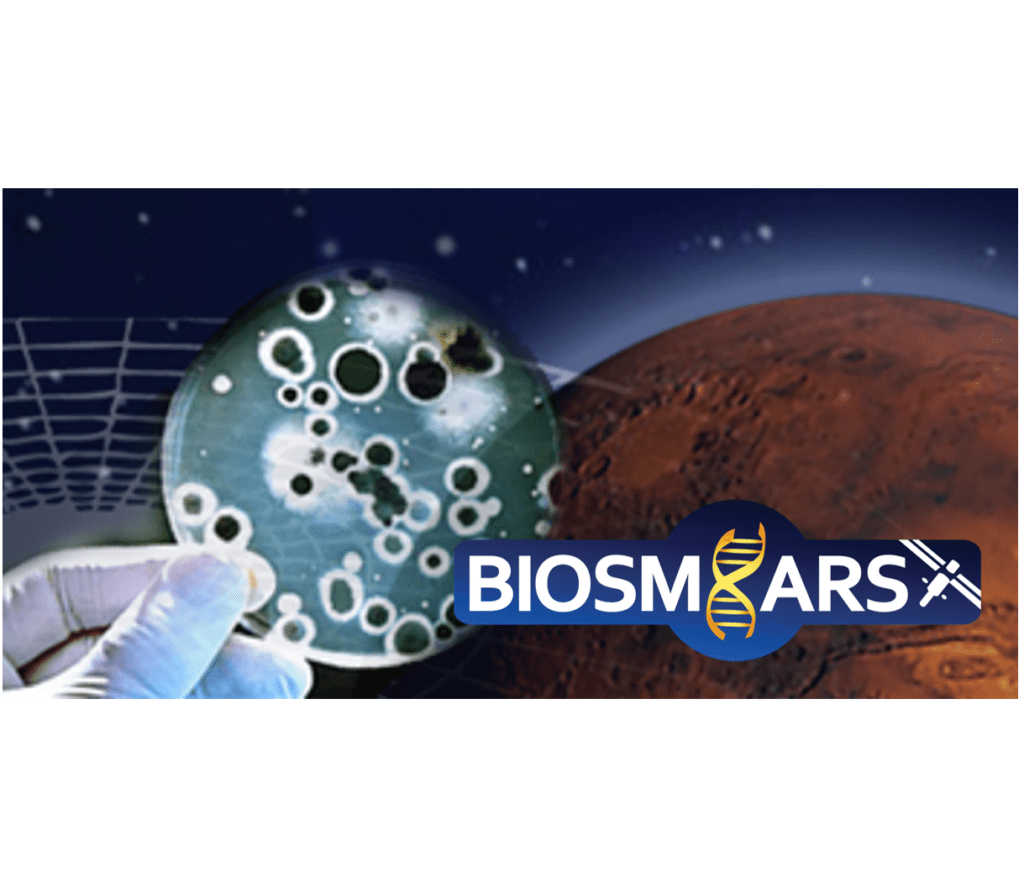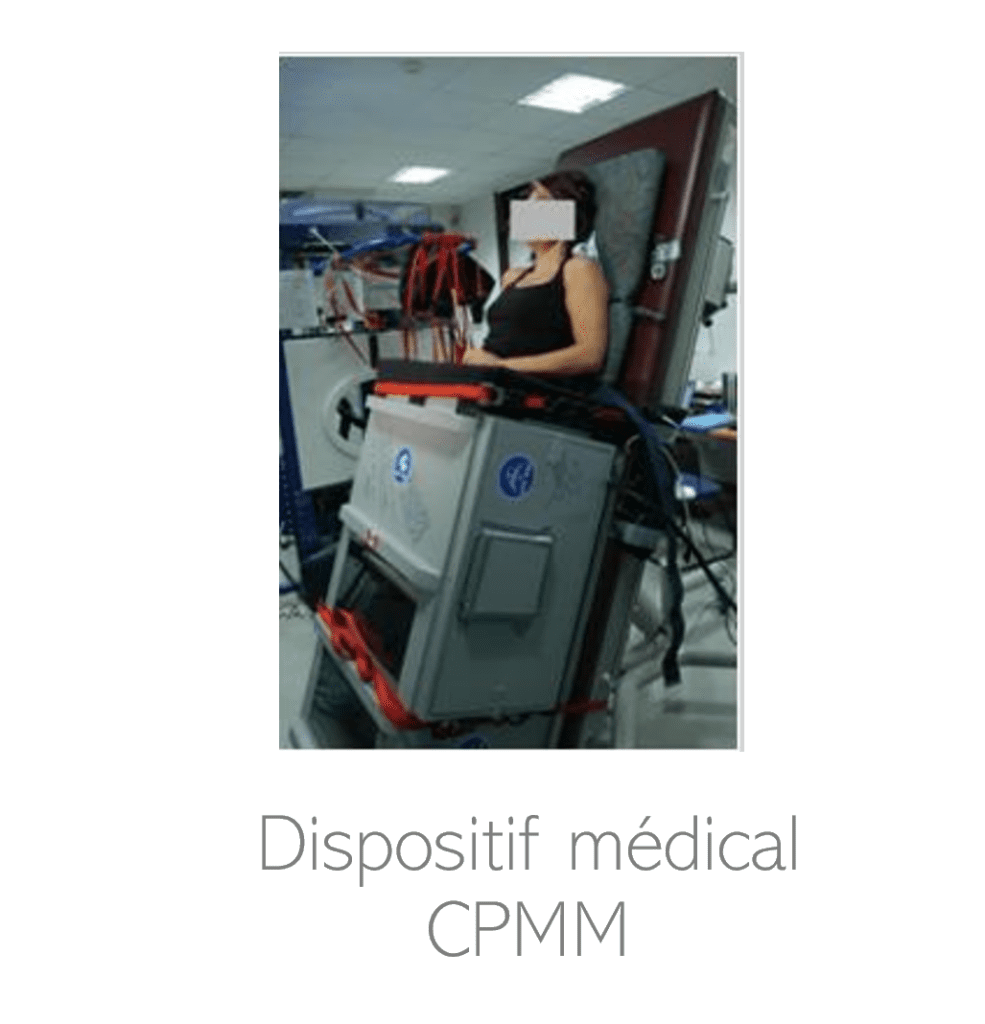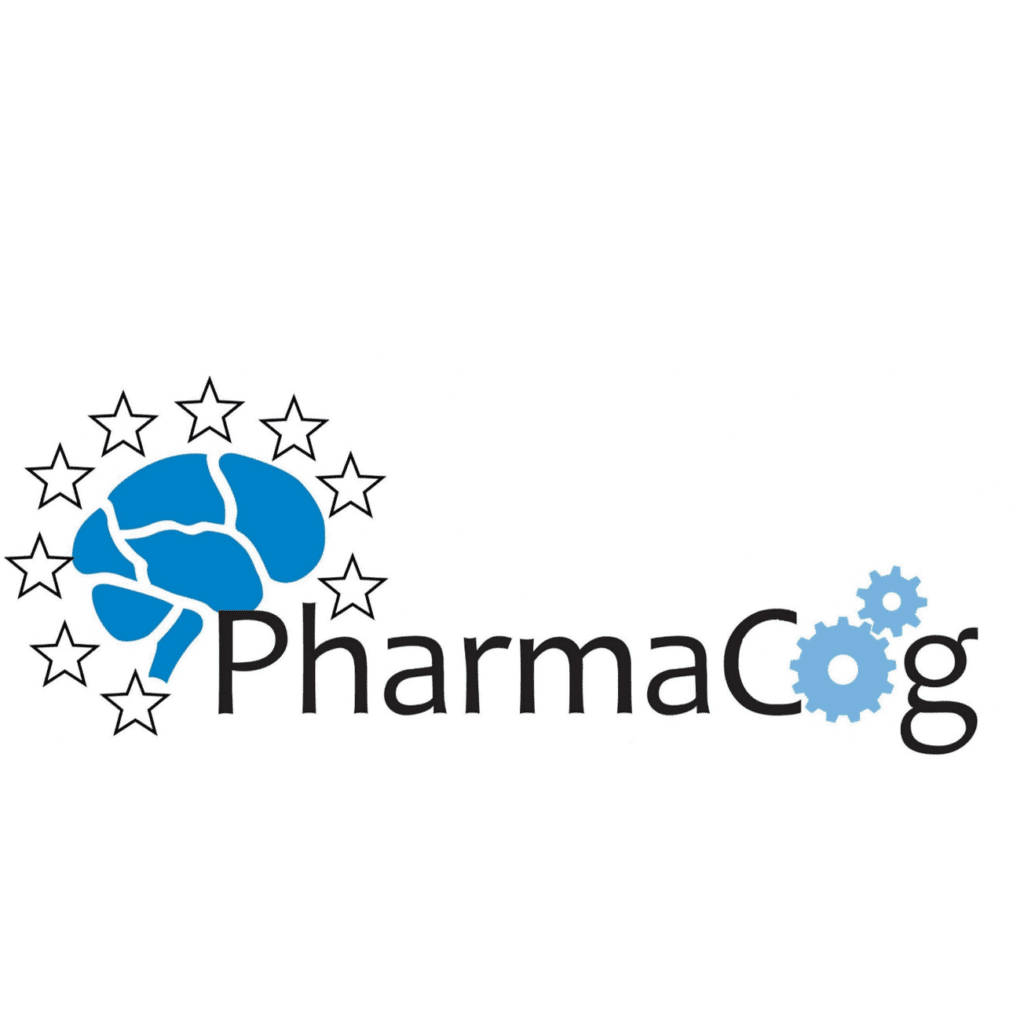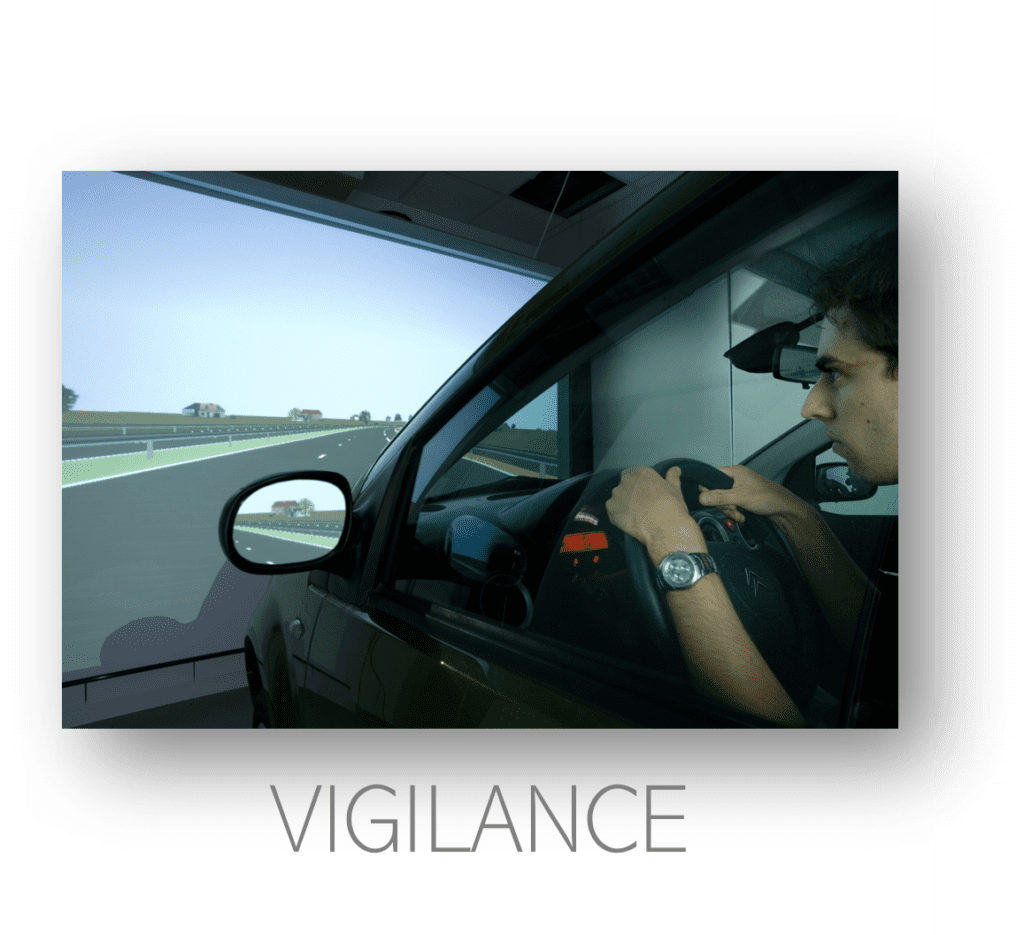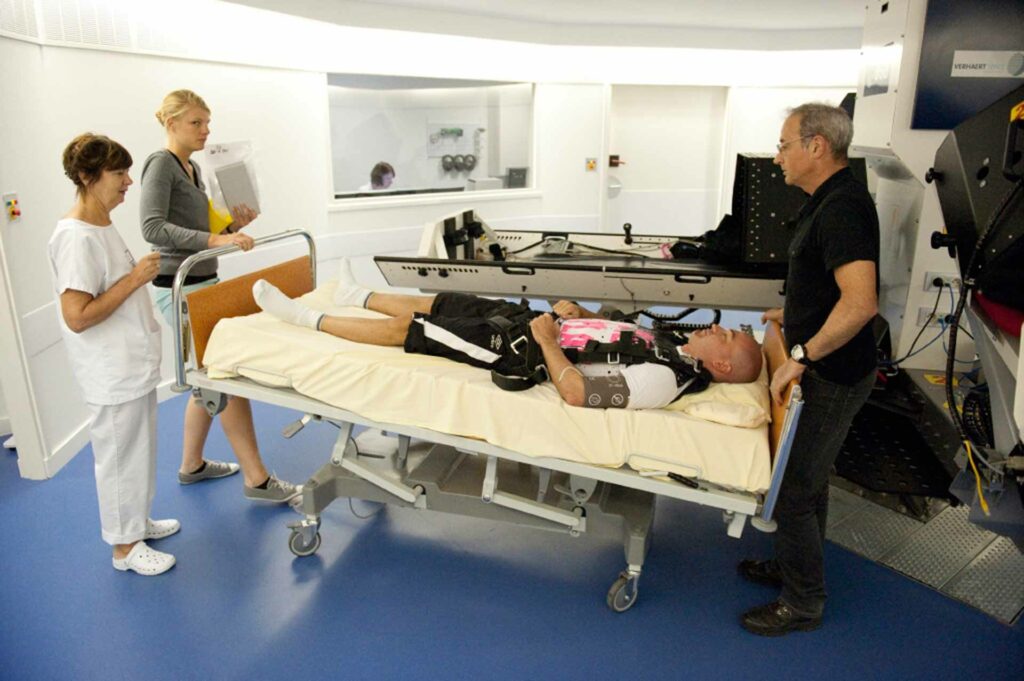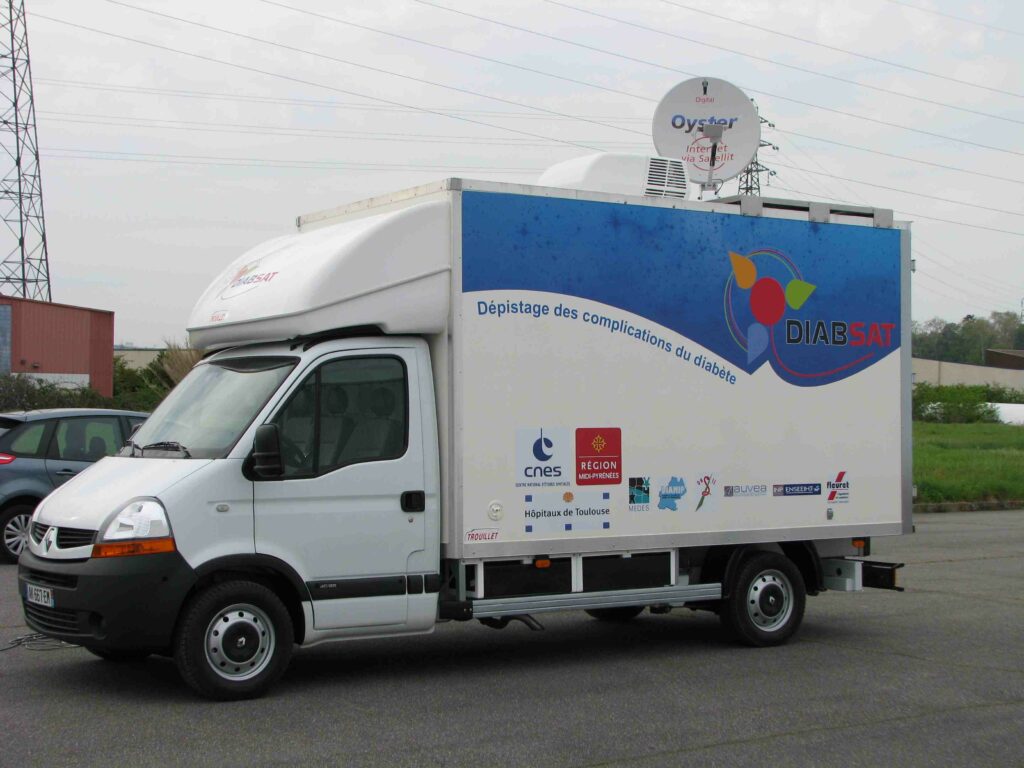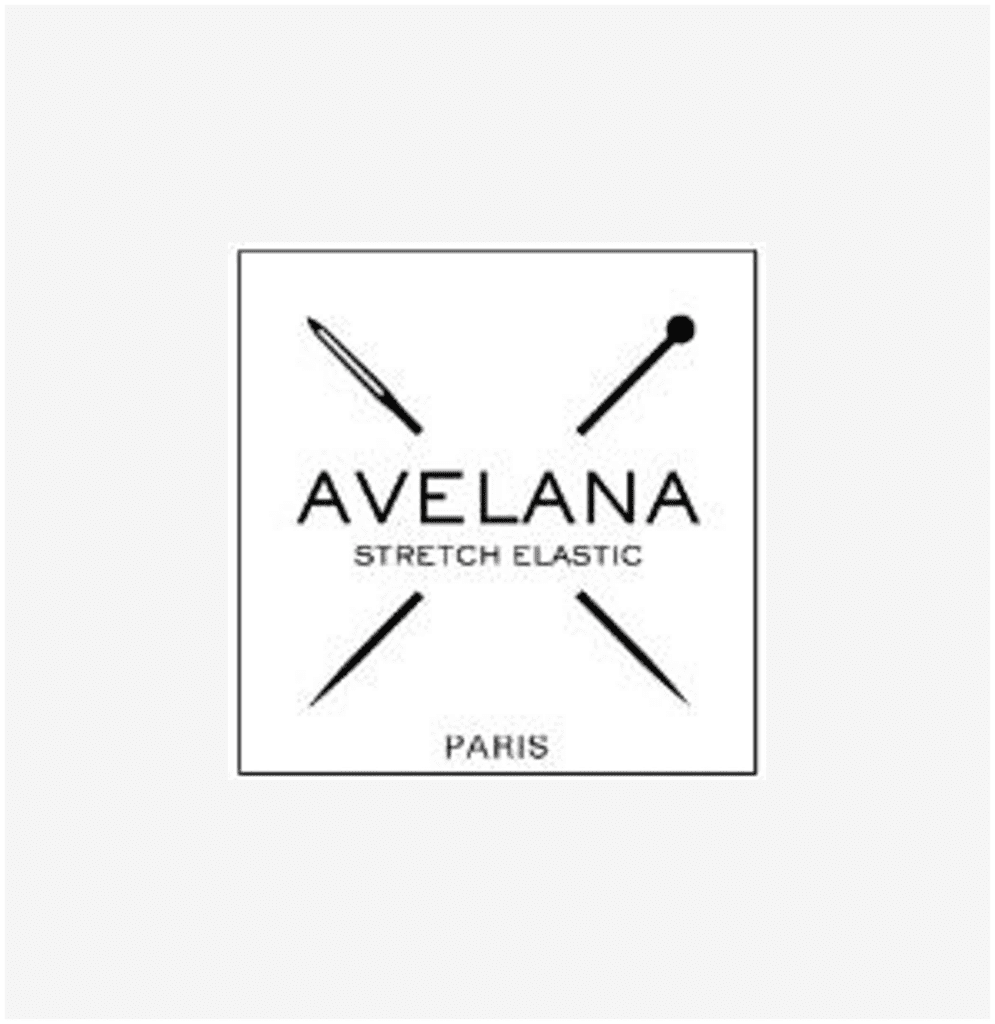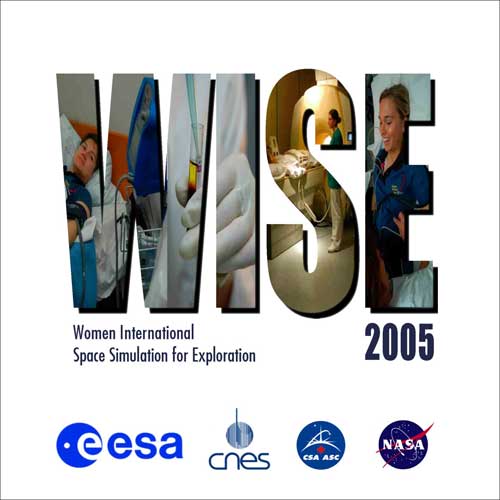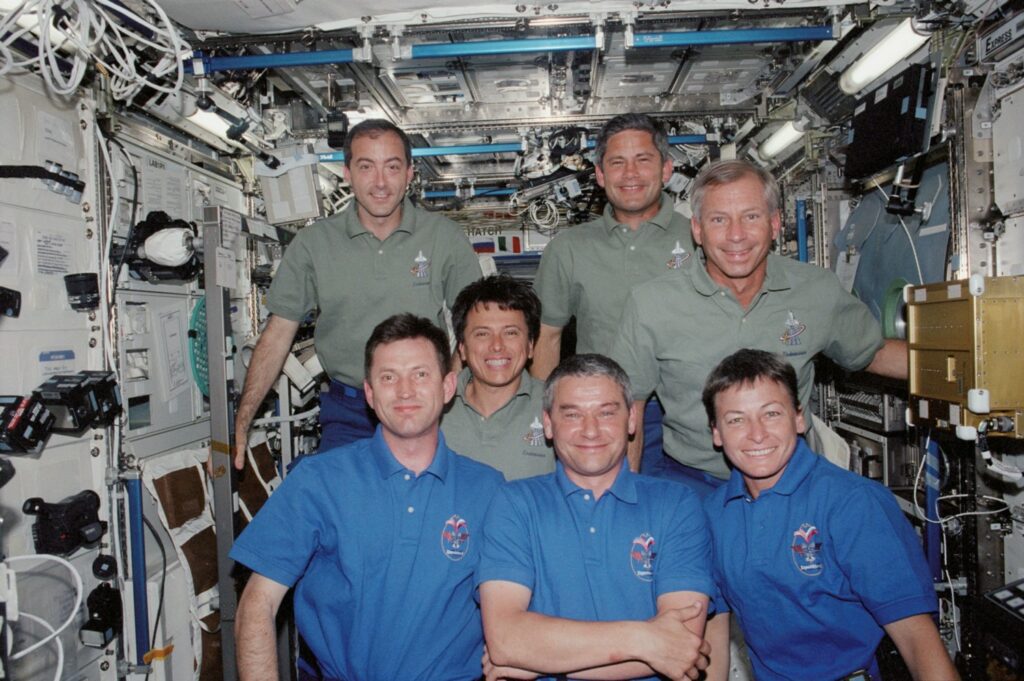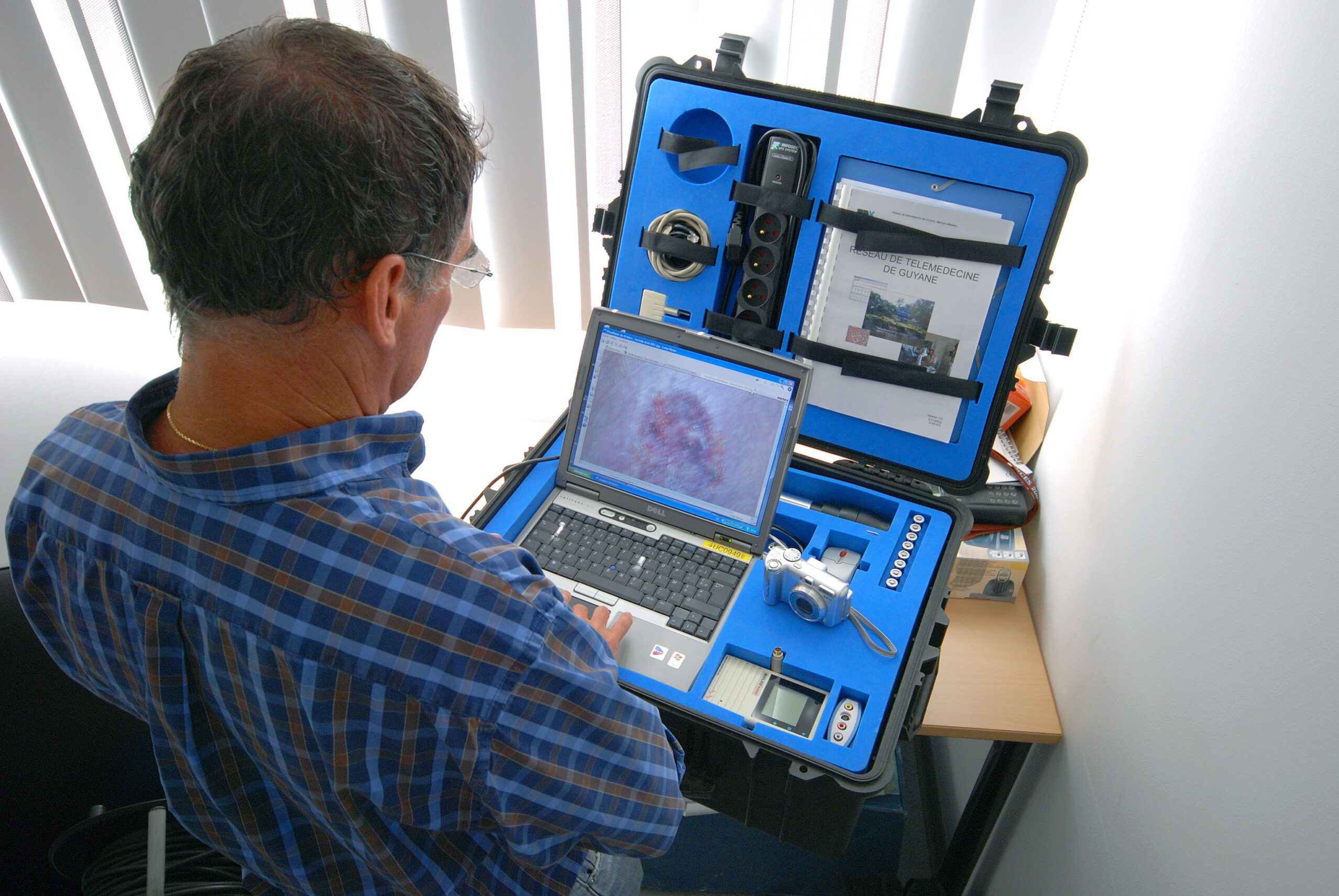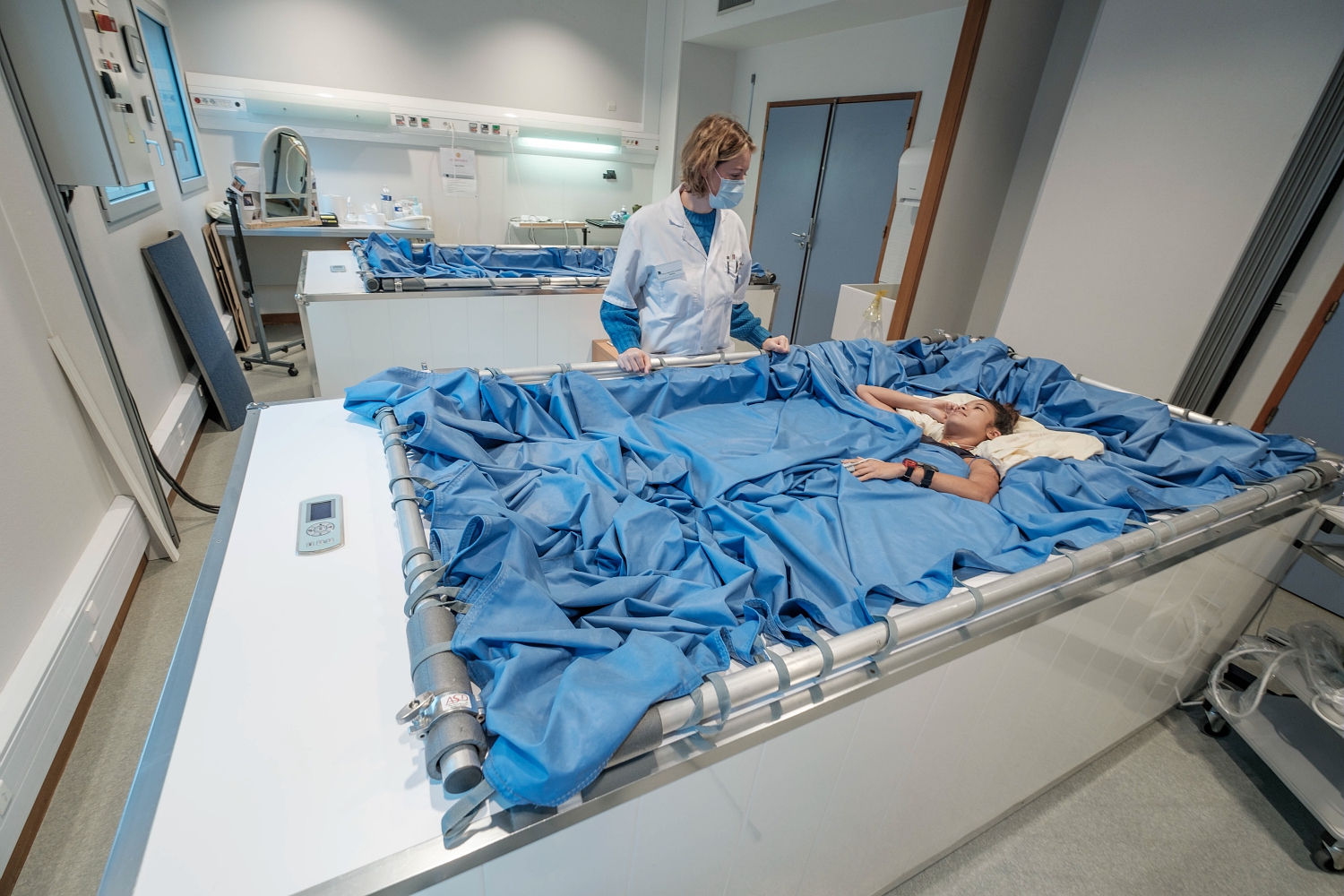Support for space missions
Closer to man in space!
Medes supports space missions, developing and validating prevention methods and innovative technologies to protect astronauts’ health.
Clinical research
MEDES uses its know-how, skills and state-of-the-art technical facilities to carry out medical experiments in space and clinical trials in its unique research infrastructure, the space clinic.
Applications and innovations
As a laboratory for innovation and project incubation, MEDES has been working for over 25 years to accelerate health applications and innovations using space, to improve health for everyone, everywhere.
Microgravity experiments followed by our team
Healthcare innovation projects supported by our teams
Volunteers who took part in clinical studies
Clinical studies supervised by the Space Clinic
Our projects
2023 - in progress
Study evaluating the effects of centrifugation and exercise to prevent the effets of weightlessness.
2020 - in progress
The ICOPE programme aims to preserve the capacities of the elderly by identifying early signs of frailty and offering solutions to address them. The intention is that by taking charge of their health, all seniors can preserve their independence for longer and delay becoming dependent.
2020 - in progress
A technological demonstrator of an expert system to provide decision support for astronaut health.
2017 - in progress
Everywear is a software solution for medical and nutritional monitoring of astronauts, in the form of a touch-sensitive tablet coupled to a set of biomedical sensors.
2017 - in progress
MEDES manages financial counterparties on behalf of several university hospitals.
- in progress
Development and evaluation of a Novel Mobile Lower Body Negative Pressure Device for Orthostatic Training in Microgravity
- in progress
Stimulation of commercial activities in Low Earth Orbit in the field of life sciences
2021
MEDES has carried out a new ground-based study to simulate weightlessness. 20 volunteers took part in this long-term study, which was carried out in 2 phases: an initial campaign with 10 volunteers from January to April 2017 and a second campaign from September to December 2017.
2019-2021
The aim of the TiChron project was to develop tools to improve the overall management of children with chronic diseases.
2021
The “Medium duration Nutrition and vibration eXercise” (MNX) study was part of a research programme being conducted under the leadership of the French and European space agencies.
2021
In 2016, Thomas Pesquet made his first space flight with the Proxima mission. In the spring of 2021, it will fly again on a new 6-month mission, called Alpha.
2021
Spagyria is a cross-border cooperation project which, through a network of specialised employment centres and research centres, aims to extend the growing of aromatic plants and their processing in the laboratory, as well as research into innovative processes through fully sustainable technologies for the development of natural cosmetic products.
2021
MEDES conducted a new study for ESA to simulate weightlessness, using the “Dry Immersion” model on an all-women group !
2019
In the first half of 2019, 20 volunteers took part in a new study to simulate weightlessness using an original model, dry immersion. This model simulates the effects of weightlessness on the human body on the ground and is used to test a new preventive method designed to minimise the negative effects of weightlessness on the human body.
2014-2018
Prevention and management of high threat pathogens Incidents in Transport Hubs
2016
MEDES conducted a study on behalf of ESA to test a new countermeasure (preventive method) to ensure the health of astronauts : the WECARE device.
2016
Proxima is the name of the mission to be carried out by the astronaut Thomas Pesquet. After his initial selection in 2009, and several long years of training, Thomas will set off on his first mission from Baikonur on 15 November 2016. The mission is scheduled to last 6 months.
2015
MEDES has conducted a clinical study on behalf of CNES. The objective was to study a ground simulation model called “dry immersion” concerning the effects of weightlessness.
2013-2014
TEMIS offers effective solutions to measure and assess them thanks to the use of simple technology. The solutions generate health indicators making it possible to provide a more personal form of medicine to each individual.
2013
Clinical study designed to investigate the mechanisms of cardiovascular regulation in the standing position and the effects of mechanical plantar stimulation.
2011-2013
The BIOSMHARS project (BIOcontamination Specific Modelling in HAbitats Related to Space) is a research project aimed at developing a model for controlling biocontamination in closed environments.
2012
Evaluation of an ultrasonic tonometer measuring carotid and femoral artery parameters.
2008-2010
MEDES carried out two studies, in 2007-2008 and then in 2010, on the effects of taking a therapeutic drug referred to as “Medico-Médicament” and then cannabis, referred to as “Medico-Cannabis”, on driving performance and behaviour.
2010
In 2009-2010, MEDES carried out a bed rest study aimed at evaluating artificial gravity, created by a short arm centrifuge, to prevent the effects of weightlessness, simulated by anti-orthostatic bed rest.
2007
Etude de l'efficacité d'un pantalon thermorégulateur chez des femmes présentant une insuffisance veineuse légère.
2003
This study was conducted by MEDES on behalf of ESA and CNES in 2003. Its goal was to study and assess the influence of the composition of crews (in manned spaceflight) on risk perception and risk taking under conditions of hypnic and chronobiological stress.
2000
MEDES supported the creation and now maintains a telemedicine service designed to improve access to healthcare in French Guyana.
Nos projets
2023 - in progress
Study evaluating the effects of centrifugation and exercise to prevent the effets of weightlessness.
2020 - in progress
The ICOPE programme aims to preserve the capacities of the elderly by identifying early signs of frailty and offering solutions to address them. The intention is that by taking charge of their health, all seniors can preserve their independence for longer and delay becoming dependent.
2020 - in progress
A technological demonstrator of an expert system to provide decision support for astronaut health.
2017 - in progress
Everywear is a software solution for medical and nutritional monitoring of astronauts, in the form of a touch-sensitive tablet coupled to a set of biomedical sensors.
- in progress
Development and evaluation of a Novel Mobile Lower Body Negative Pressure Device for Orthostatic Training in Microgravity
- in progress
Stimulation of commercial activities in Low Earth Orbit in the field of life sciences
2021
MEDES conducted a new study for ESA to simulate weightlessness, using the “Dry Immersion” model on an all-women group !
Video
Find out more about our activities in this film
Exploration support for space agencies, clinical research activities, space applications and health innovations… MEDES is a reference institute for space medicine and physiology.
In the spotlight
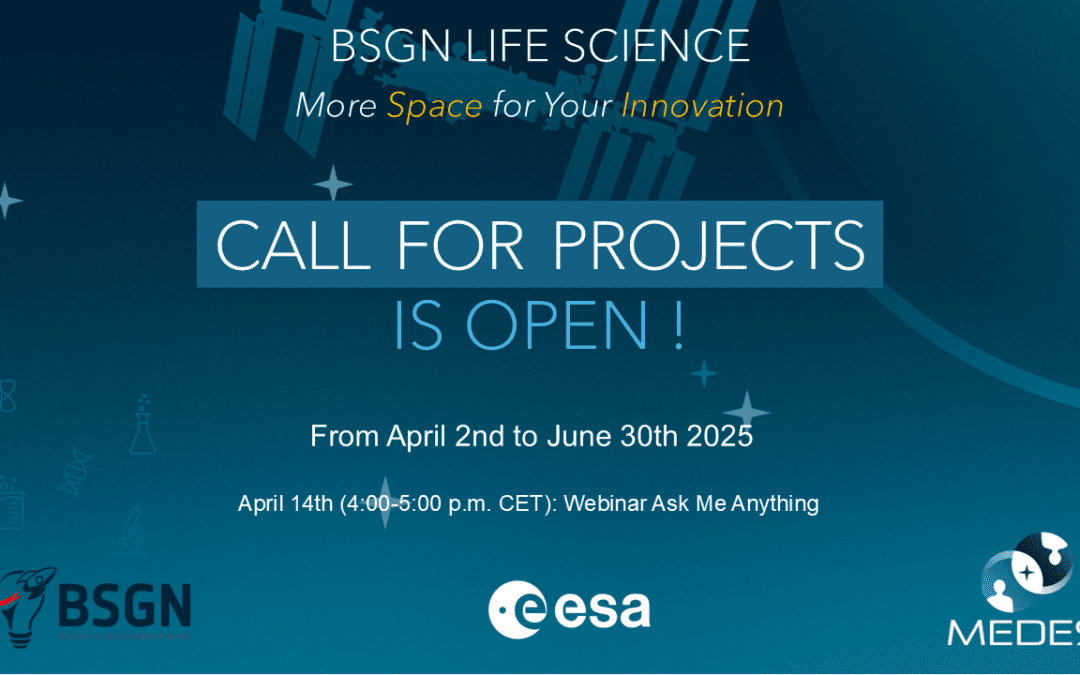
BSGN Life Science Industry Accelerator – 2nd Call for projects is open !
April 2 to June 30
Don’t miss your chance to innovate beyond Earth! Whether you want to obtain direct co-financing for a flight, or to identify and access ESA’s most relevant co-financing tools, this program represents a real opportunity for those wishing to exploit the unique assets of the space environment in the service of terrestrial challenges.
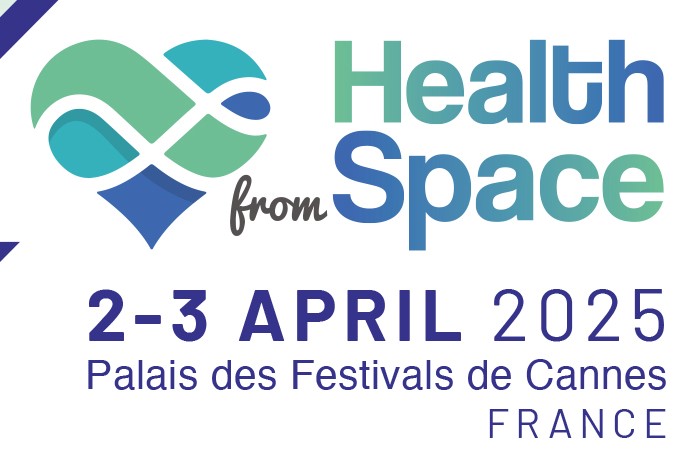
Health From Space – April 2nd and 3rd
April 2-3, 2025
The International Health from Space congress will be held on April 2-3, 2025 at the Palais des Festivals in Cannes, France. We’ll be there! We look forward to seeing you there!
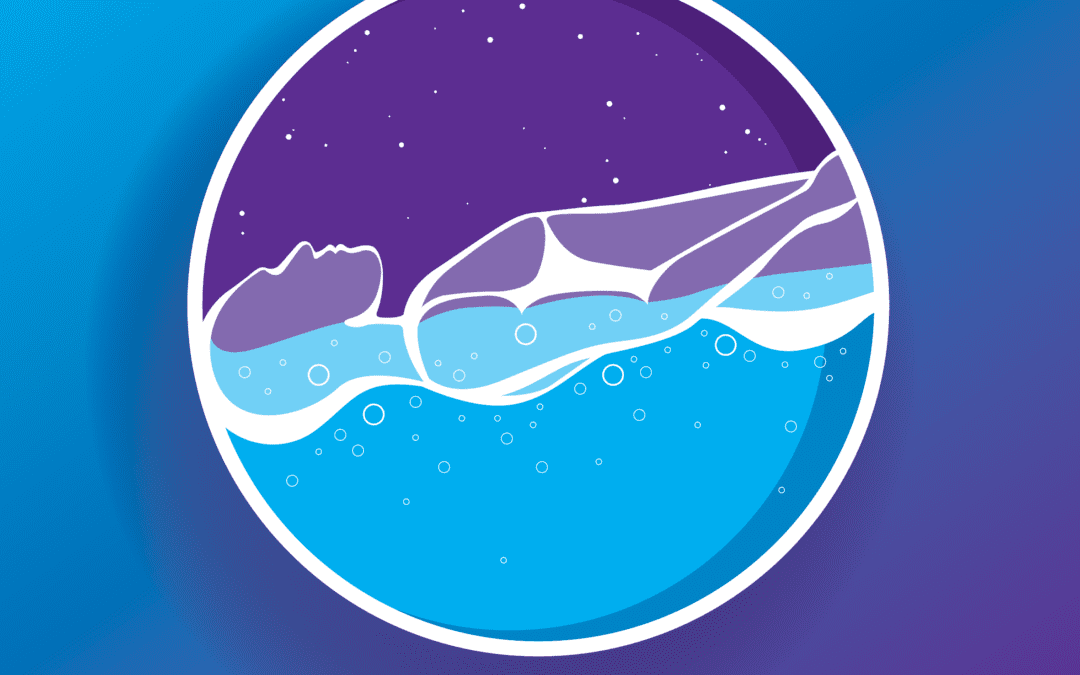
Nouvelle étude de simulation de l’impesanteur : VIVALDI III
De février à avril 2025
Alité ou « immergé » pour la recherche spatiale ? MEDES mène une nouvelle étude clinque à laquelle vont prendre part 20 volontaires au total. Cette étude a pour but essentiel de comparer les 2 modèles de simulation au sol des effets de l’impesanteur sur une durée de 10 jours, pour en définir les avantages et les inconvénients.
Our offers

Space and health software application
Support for space exploration projects

Support for clinical research projects

Support for innovation projects
